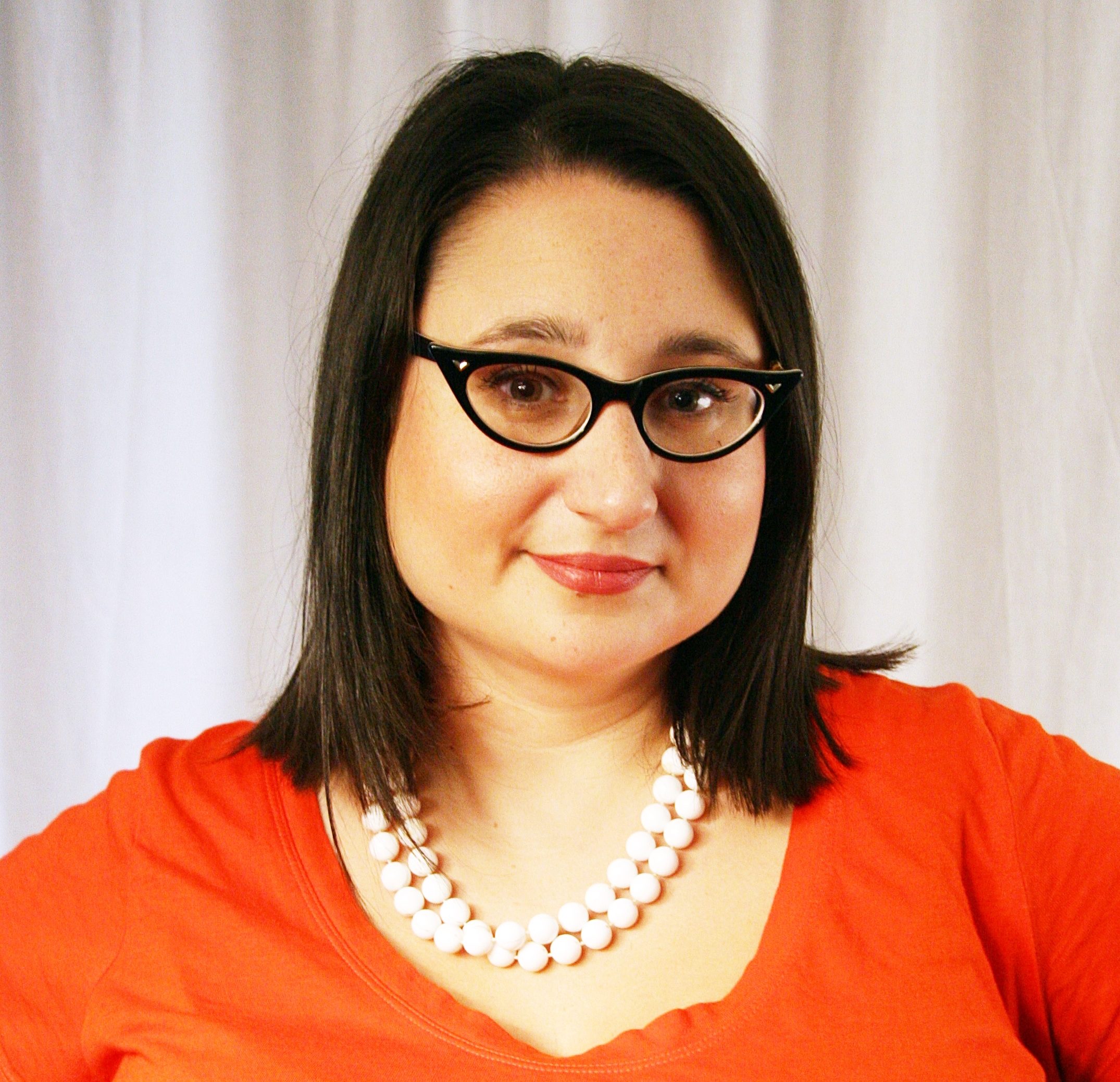From early on — usually before we’ve even started our careers — we’re told about a magical thing called “work-life balance.” Essentially, this myth amounts to the idea that if we do everything right, we will somehow be able to achieve the elusive equilibrium of having a fulfilling and meaningful career, while keeping up an active social life, and being the ideal partner and family member. In reality, though, this perfect “balance” is nearly impossible to achieve.
That’s why at Thrive, we’re all about what our CEO and founder Arianna Huffington calls “work-life integration” — an approach focused on preserving your health and well-being and recognizing that there is no secret formula to “having it all.” In fact, the pressure we put on ourselves, and the stress that results from when we’re feeling as though we’re falling short in one or more aspects of our lives, can be a cause of burnout — precisely the thing that work-life “balance” is supposedly designed to avoid. Here are three small steps to help you aim for your own version of work-life integration:
Start small
Sometimes it takes hitting a breaking point for us to finally realize that we’re approaching (or have reached) burnout, and need to look closely at how we’re spending our time and energy. Ideally, it wouldn’t get to that point, but if it does, it’s tempting to try and implement some major lifestyle changes to get yourself on the right track. The problem is, those are usually too much, too quickly, and that version of integration will almost inevitably be unsustainable.
Instead, opt for what Thrive calls Microsteps — too-small-to-fail, science-backed strategies for real behavior change. These can include declaring an end to your day — even if you haven’t finished everything on your to-do list — in order to make space for your life outside of work, and integrate the two together. Each Microstep is a way of reclaiming your life and coming closer to achieving true work-life integration.
Assess how you’re spending your time
As it turns out, there’s ancient wisdom that can assist us with understanding this modern problem: the Greek philosophy of first principles, which encourages breaking a problem down to its fundamental parts. If you’re not sure where to start in your quest for work-life integration, Aristotle might suggest taking a closer look at the different aspects of your life and determining the foundation of any problematic parts. Ask yourself if you’re spending your time the way you want to.
If, after some examination, you realize that you’re devoting large amounts of your time to tasks or activities that you don’t consider to be particularly valuable, take a different approach. And no, this doesn’t mean doing a complete overhaul of your life; this is where Microsteps come in. Even the simple act of committing to a Microstep can help you feel like you’re making progress towards a healthier life.
Set boundaries — especially with technology
Ultimately, setting clear boundaries is the key to work-life integration. Knowing when to move between work-mode and family-mode or social-mode is an indicator that you have control over your own time. Given that so much work today — especially after traditional “working hours” — is done on devices, establishing boundaries with technology that work for you is particularly important, and a good place to start.
As Arianna Huffington has written, it’s not about giving up our devices, but rather acknowledging that “technology has accelerated our lives beyond our capacity to keep up.” We need to think of technology as a tool to help us, rather than something controlling us. This can mean everything from insisting upon device-free meetings (to expedite them and improve productivity) or meals (to ensure focused time with your friends and loved ones), scheduling specific times each day you check and respond to email, or making it a point not to check your device when you first wake up. Establishing these boundaries and disconnecting — to a reasonable extent — with technology can help us reconnect with ourselves and each other, Huffington says.
Follow us here and subscribe here for all the latest news on how you can keep Thriving.
Stay up to date or catch-up on all our podcasts with Arianna Huffington here.


